Vanderbilt Basic Sciences
-
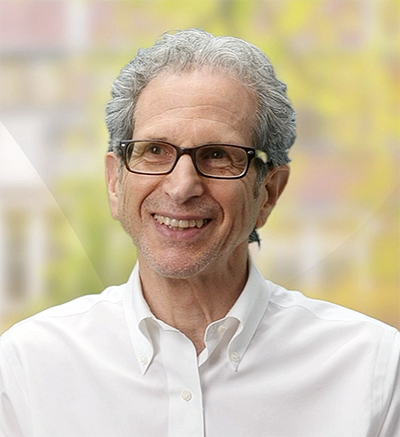
Walter Chazin
Walter Chazin, Ph.D., received a B.Sc. in chemistry from McGill University in 1975 and a Ph.D. in chemistry from Concordia University in Montreal in 1983. He was a postdoctoral fellow in the lab of Kurt Wüthrich at the E.T.H. in Switzerland (2002 Nobel laureate in Chemistry). After 13… Read MoreMar. 28, 2024
-
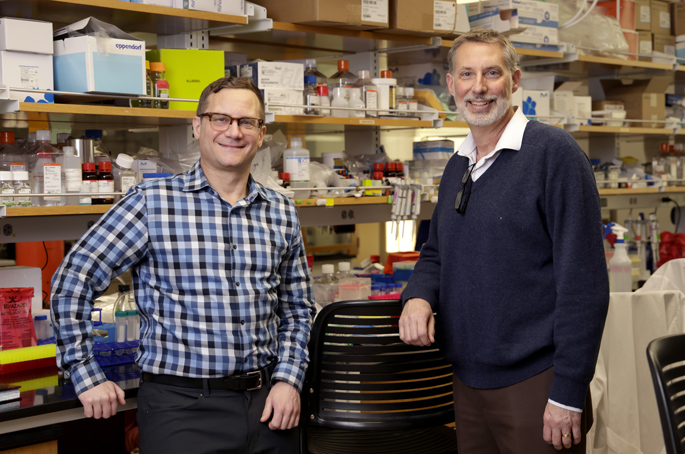
Waddell Walker Hancock Cancer Discovery Fund names first scholars
A research endeavor that seeks to develop a new cancer immunotherapy utilizing nanobody delivery and targeted heating of tumors has received funding from the Waddell Walker Hancock Cancer Discovery Fund. Read MoreFeb. 23, 2024
-
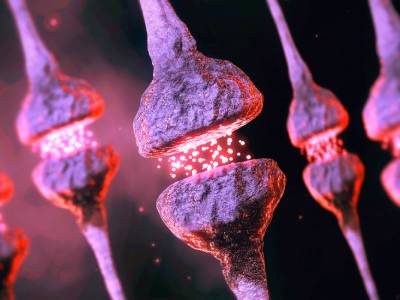
Three from Vanderbilt community selected to participate in Endocrine Society’s leadership program
A Vanderbilt graduate student and two members of the Meharry-Vanderbilt Alliance joined the Endocrine Society’s leadership program, which provides scientists with leadership development, expanded skills in hands-on training, and networking opportunities with endocrinology leaders. Read MoreFeb. 21, 2024
-

Vanderbilt International Researchers Alliance will host annual symposium highlighting international research, inclusion, and stories
VIRAL will highlight the work and stories of the university’s international researcher community during its second annual symposium. The platform is for international students to discuss research, inclusion, and personal experiences. Read MoreFeb. 6, 2024
-
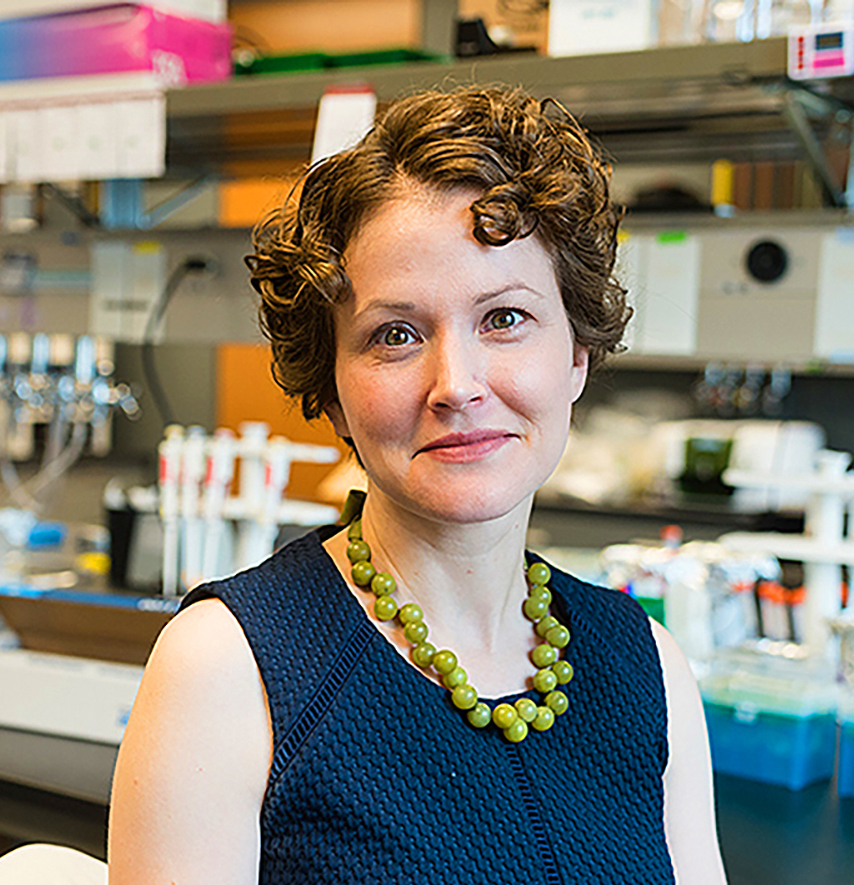
Membrane biophysics authority Jeanne Stachowiak to deliver Apex Lecture on Feb. 13
Stachowiak is recognized for a paradigm-shifting discovery in the field of membrane biophysics, demonstrating that proteins can induce membrane curvature solely through a surface-crowding mechanism. Her lab investigates the biophysical mechanisms that underlie the function of lipid membranes in cells and explores the opportunity of creating bio-inspired materials and systems that borrow these mechanisms. Read MoreFeb. 1, 2024
-
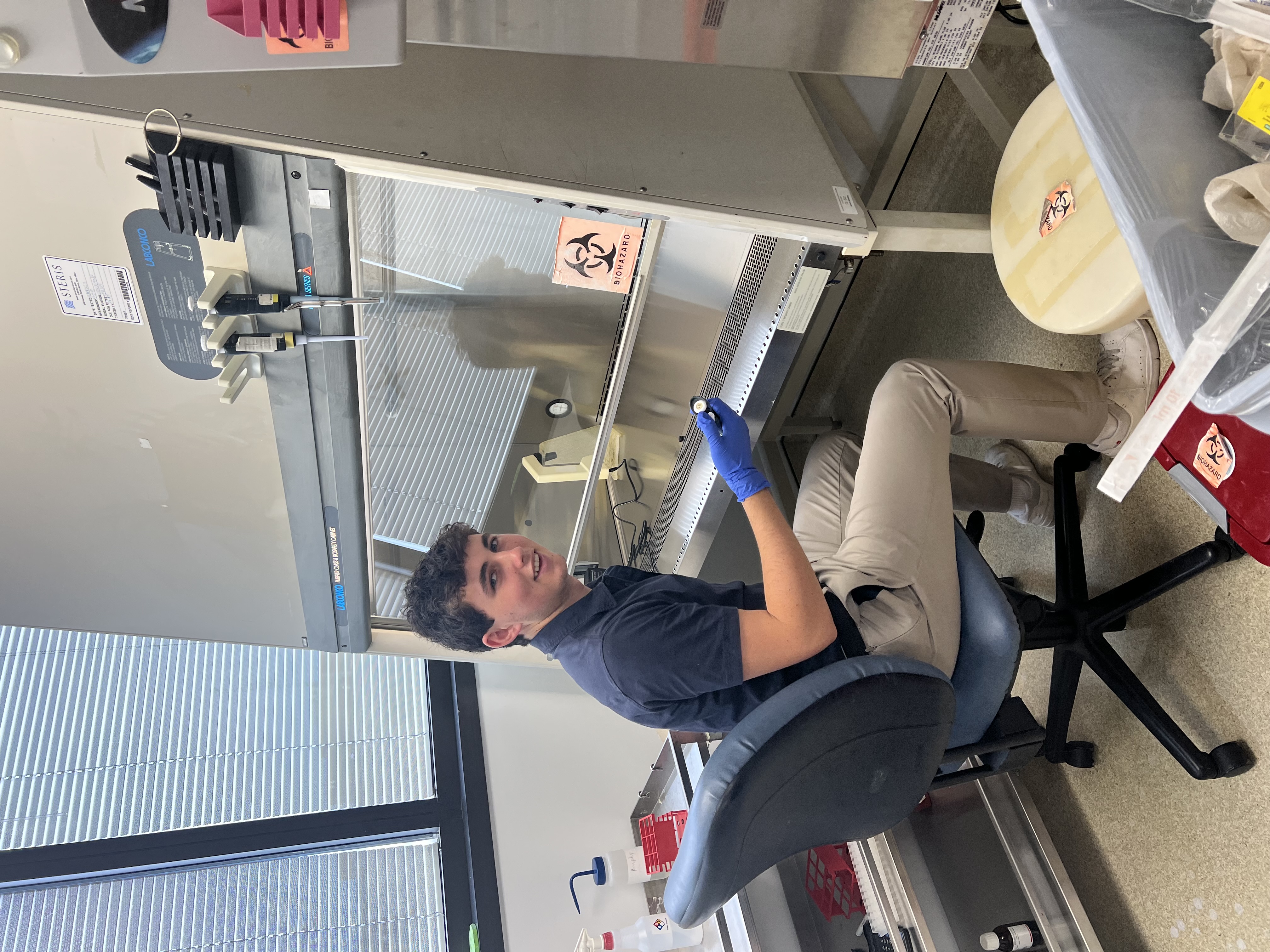
Marnett lab intern selected as top scholar in prestigious Regeneron competition
High school student Benjamin Gordon, former Marnett lab intern, has been named a top scholar in the Regeneron Science Talent Search 2024, the oldest science and math competition for high school seniors in the U.S. Read MoreJan. 25, 2024
-
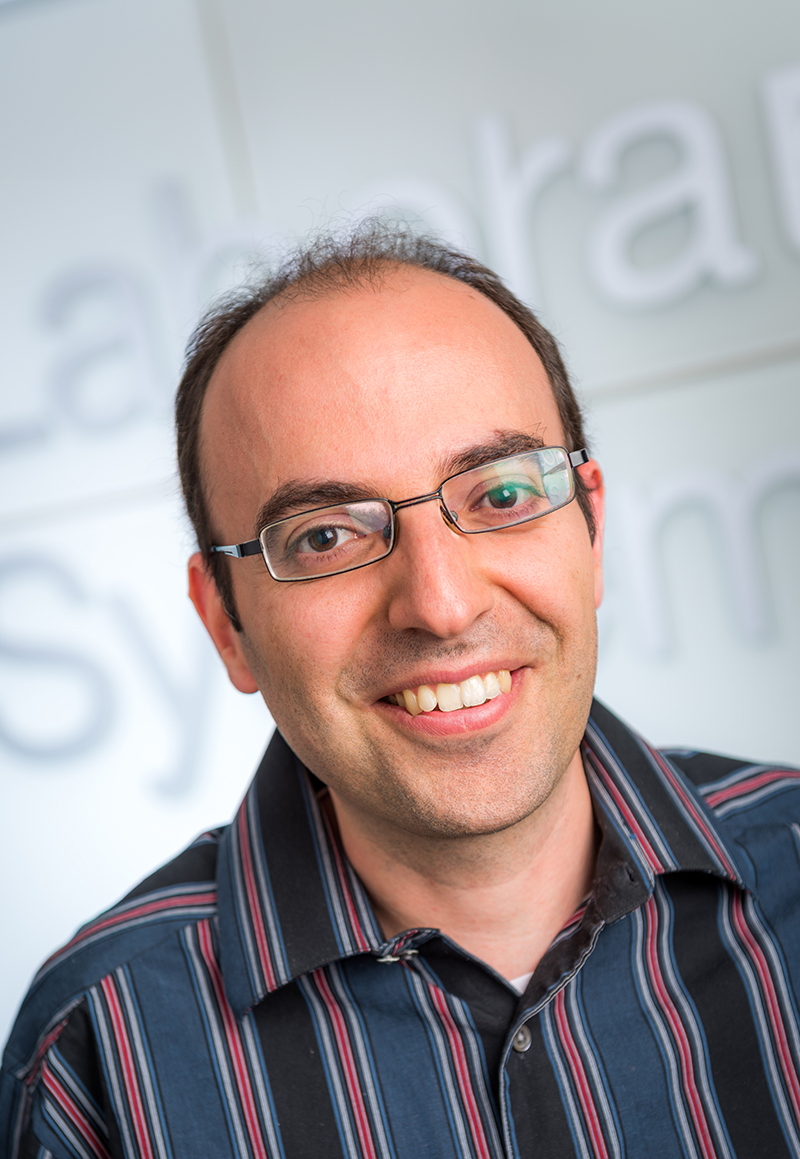
OpenFold authority Mohammed AlQuraishi, Columbia University, to deliver Apex Lecture on January 29.
Machine learning and OpenFold authority Mohammed AlQuraishi to present the Vanderbilt Basic Sciences Apex Lecture on January 29. Read MoreJan. 17, 2024
-

Harnessing a key growth pathway to reprogram tumor-associated macrophages
Researchers in the lab of Vivian Weiss, assistant professor of pathology, microbiology, and immunology, recently published a review article in Cancer Research that describes the role of the Wnt pathway in TAMs and tumor biology. Read MoreJan. 3, 2024
-

Call for Proposals: Basic Sciences Pilot Innovation Ignition Fund Program
The School of Medicine Basic Sciences and the Office of the Vice Provost for Research and Innovation launch the Innovation Ignition Fund. This pilot program offers up to $500,000 in funding and drug development mentorship from Vanderbilt scientists with expertise in translational research. Read MoreDec. 18, 2023
-
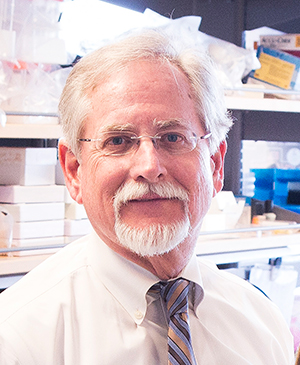
Study links gene network and pancreatic beta cell defects to Type 2 diabetes
In a collaborative effort co-led by teams from Vanderbilt University Medical Center (VUMC) and the University of Michigan, a comprehensive study that integrates multiple analytic approaches has linked a regulatory gene network and functional defects in insulin-producing pancreatic beta cells to Type 2 diabetes. The study, published Dec. 4 in… Read MoreDec. 7, 2023